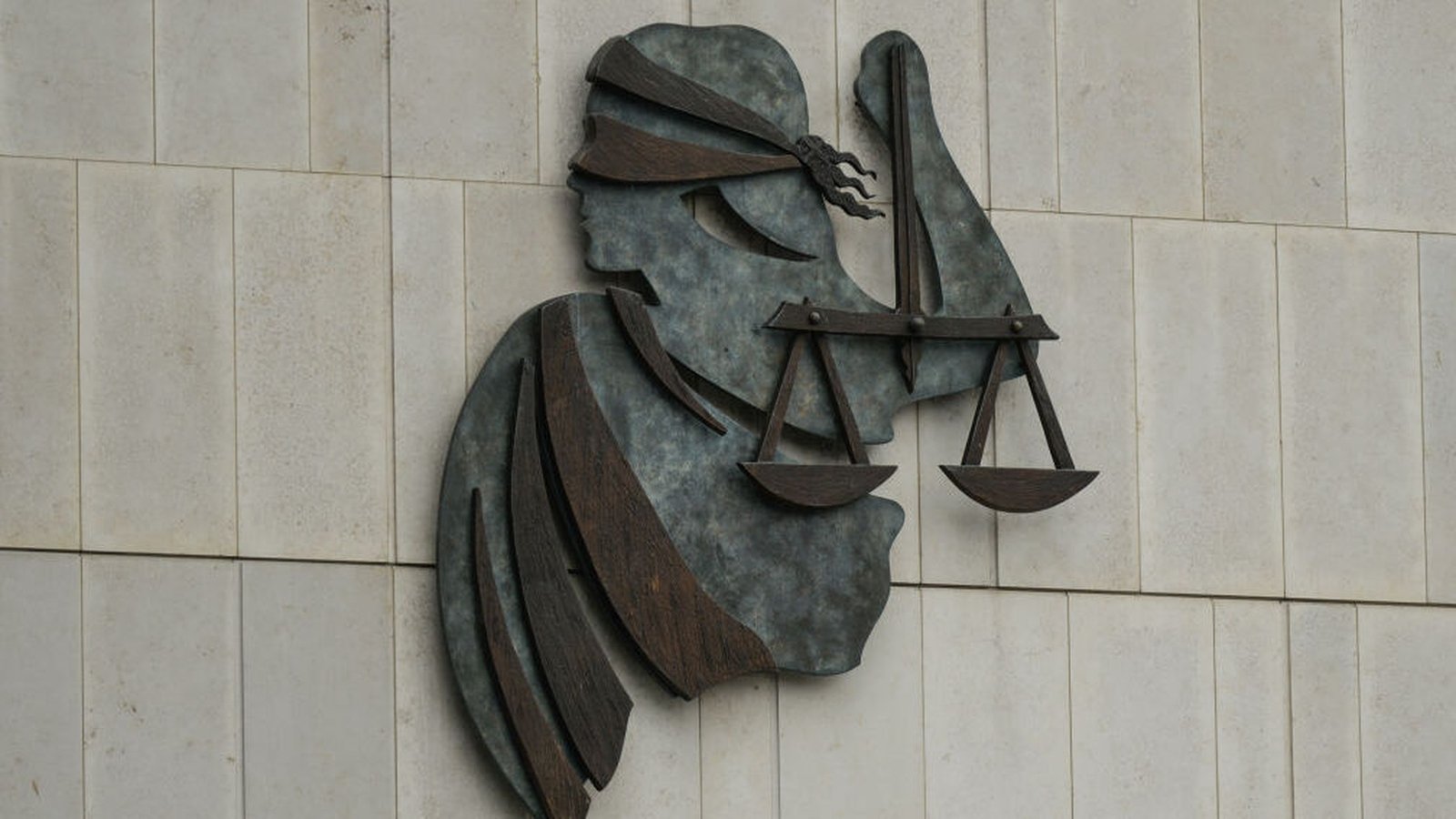HEA calls on TU Dublin to conduct review into deficit

The Higher Education Authority (HEA) has told the country’s second largest university that it has “serious concerns” about how it is managing a financial deficit of €8.6 million.
The HEA has called on its governing authority to conduct a formal review of its performance in managing and controlling the situation.
In a letter to the chair of Technological University Dublin (TU Dublin), the HEA has said it has “serious concerns with the apparent lack of urgency, responsiveness and conduct by the Governing Body to address this matter in a timely and constructive manner”.
HEA CEO Dr Alan Wall has requested a review of the body’s “performance in managing and controlling the financial deficits in TU Dublin” in accordance with Section 64 of the Higher Education Authority Act.
The letter comes as the university grapples with a funding deficit which has been attributed to rising costs as well as a fall in student enrolment at the college, which has in turn led to reduced exchequer funding.
Last summer, TU Dublin wrote to the Higher Education Authority requesting assistance in managing its finances, and in October, the HEA appointed financial consultants Mazars to oversee a review of TU Dublin’s financial projections and to prepare a recovery plan.
That review arose following the completion of another consultant’s report into financial processes at the technological university by auditing firm BDO.
The Mazars review and recovery plan was due to be completed in a month’s time, however, in an unusual move, the HEA has now intervened to request this third review, this time focusing on the university’s governing body.

In the letter to chairperson Charles Larkin, the HEA CEO says the action is being taken in view of the university’s “deteriorating financial position”.
The letter requests that this report be provided to the HEA within 60 days.
It cites a section of the HEA Act which states that such a request can be made if the HEA “is of opinion that there are significant concerns regarding the governance of a designated institution of higher education or the performance by such an institution of its functions or compliance by it with its obligations”.
The legislations allows for a number of further actions by the HEA on foot of the outcome of such a review, including the withholding of funding.
TU Dublin has told RTÉ News that it is taking the elimination of its deficit “very seriously and is working on a recovery plan to restore a balanced budget and move into a surplus situation”.
Referencing a wider funding gap across the sector, it notes increased costs over the past two years.
“In light of these increasing costs, TU Dublin, along with other higher education institutions, recorded a deficit for our financial year ending August 2023,” it said in a statement.
It added that draft financial statements show an overall deficit of €8.6m which is the equivalent of 2.4% of its income of €362m last year.
“Since the completion of the Financial Statement for 2022/23, the University Executive Team, supported by the Finance team, have been working on updated financial projections to restore a balanced budget and deliver on our goal for 2028.
“Once drafted, the recovery plan will be discussed and agreed upon with our Governing Body before being shared with the HEA and our sponsor Department.
“The Governing Body has agreed with the HEA that we will provide the completed plan before the end of May,” it states.
In June, the college reported a drop of 2,418 in the number of full-time equivalent students this year to the HEA. This figure was later revised down to 1,600.
This reduction comes at a time when the number of undergraduates in Ireland is growing significantly.
A fall in student numbers leads automatically to a reduction in exchequer funding the following year.
The reduction of 1,600 students is estimated to amount to a loss of between €10 and €12 million.
TU Dublin was established five years ago with the amalgamation of Dublin’s three institutes of Technology.
It was anticipated that administrative efficiencies achieved with the merging of DIT, and the Institutes of Technology at Blanchardstown and Tallaght would lead to financial savings.
The college’s current financial problems are the focus of considerable concern among staff there.
In a letter sent to staff today, TU Dublin President Professor David FitzPatrick said he believed the college’s “best route to sustainability is through positive action to grow our student numbers and our overall income”.
He said the college’s strategic plan 2024-2028 “sets us the ambition of growing our student enrolments by 12% and achieving a surplus of 4% in our operating income by 2028”.
However, in a letter to the college in October the CEO of the HEA advised the college that “it may be wise to delay the Strategic Plan until such time as these reports are to hand”.
The HEA has told RTÉ News that it has no comment to make “at this juncture”.





